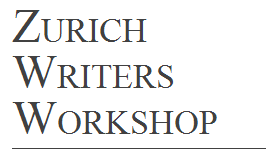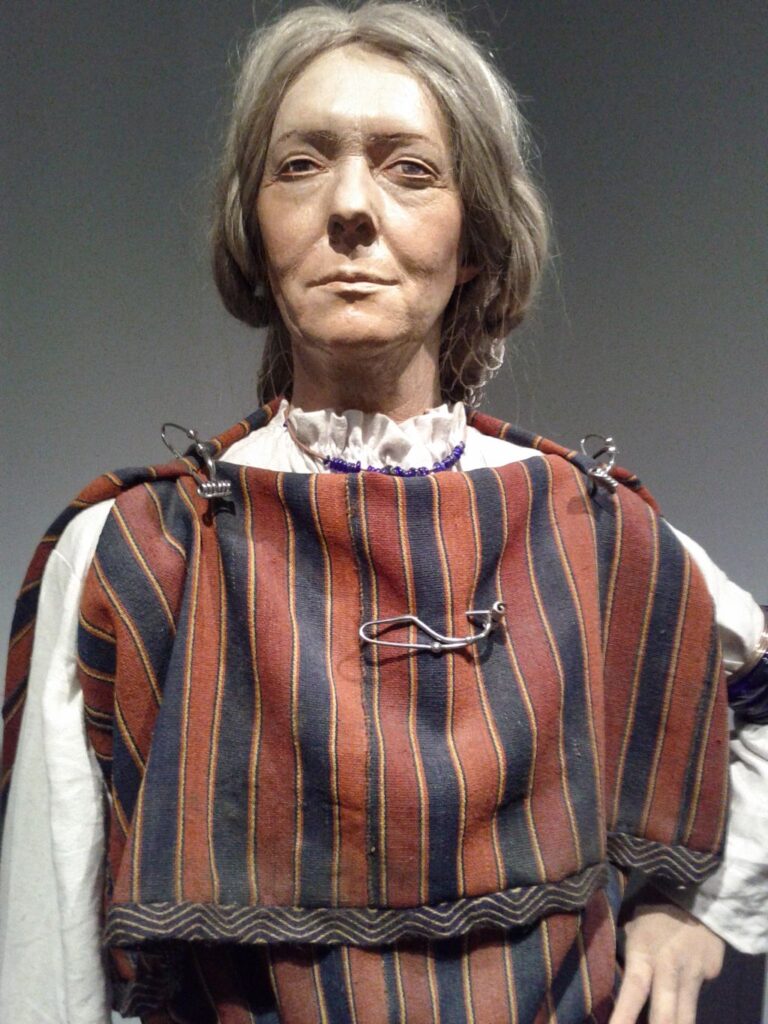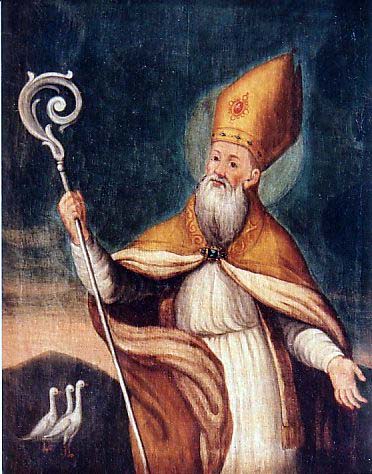Show or tell?
Some gleanings from from the Zürich Writers’ Workshop, 13.-14.4.2013
I was in the Storytelling Fundamentals stream with instructor Sam North, who teaches Creative Writing at Exeter University. We were about 15 participants from all over the world – Philippines, Sweden, Nigeria, India, USA, UK, Switzerland – mostly living in the Zürich area. A very interactive, stimulating group. I hope to keep in contact with you guys and gals!
Sam tried to throw us, by questioning some of the popular writers’ slogans:
- “Show, don’t tell!” He claims good writers often do a lot of ‘telling’, as well as ‘showing’. No problem there. Just understand what you’re doing and why. See also K.M. Weiland’s latest post on this subject
- “Conflict is the essence of drama” – That’s too simple or one-sided in Sam’s opinion.
Instead he introduced some precepts of his own, such as:
- Desire is the engine of plot, and you need to recruit your readers to care about that desire. Latch immediately onto the desire and never leave it
- What you don’t say is just as important as what you do: the reader enjoys the challenge of reading between the lines and working things out for himself
- Characters become interesting by the way they change (or refuse to). Here it’s important to consider Cause and Effect.
We were given a variety of practise exercises, such as describing an activity using only concrete nouns – simple but revealing! We also talked a lot about the Beginning, End and Middle of a story.
Two works, which we had been given to study as preparatory homework, we discussed in some depth: the poem “About his person” by Simon Armitage and the short story “Breakfast at Tiffany’s” by Truman Capote. Again, we gained a great deal by analysing the techniques these authors used.
Many thanks to Kelly Jarosz and Chantal Panozzo for organizing the very successful workshop!







